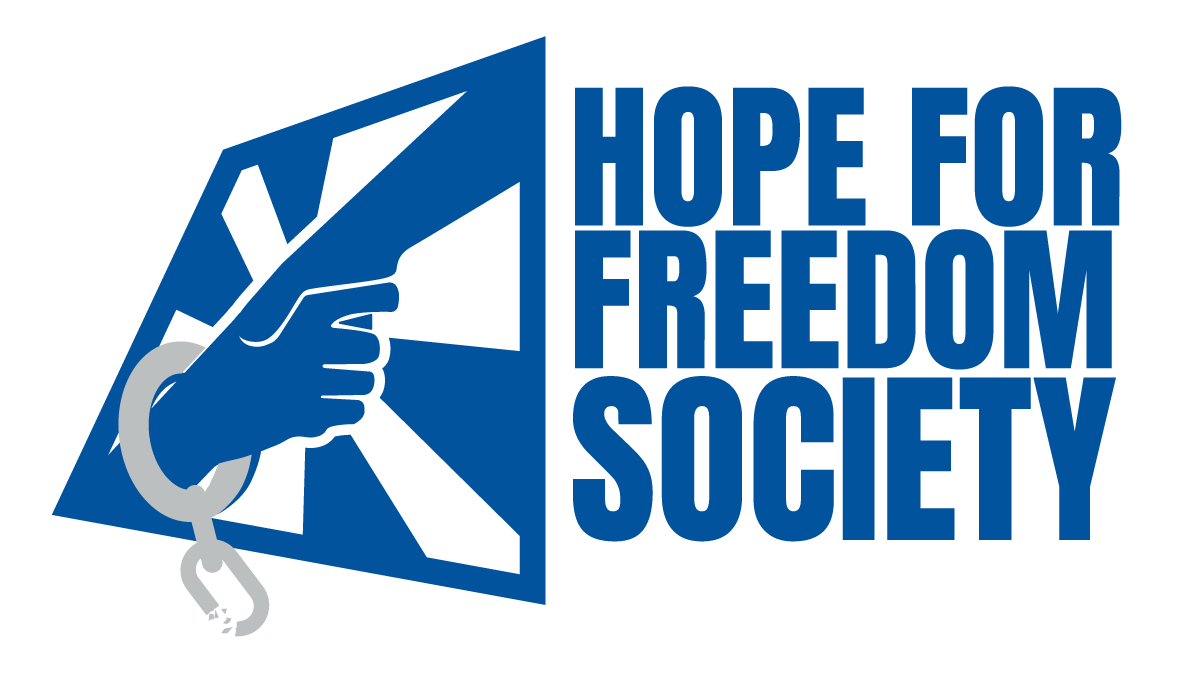
The Drug Toxicity Crisis
There were a record-setting 2,511 deaths attributed to illicit drug toxicity in British Columbia in 2023.(1)
Nearly seven people die each day in BC of illicit drug overdose.
Many die alone at home.
Why are today’s drugs more toxic than ever before?
In 2012, investigators noted the introduction of fentanyl into the drug supply in British Columbia.
Fentanyl is a synthetic opioid that is more toxic than most other opioids. It’s 50 to 100 times more toxic than morphine, which makes the risk of accidental overdose higher.
Over the last 10 years the presence of fentanyl has grown to become commonplace in the illicit drug supply. In 2023, 85% of overdose deaths were associated with fentanyl.
No one using illicit drugs is safe.
What can we do?
At Hope for Freedom we believe that the solution is to invest in an accessible path to recovery for everyone.
With the right support, a compassionate community and an effective curriculum, people who are ready to invest in themselves can heal from addiction and lead meaningful, productive lives. Hope for Freedom has a proven track record of over 25 years of helping men and women break free from addiction and start new lives.
We combat isolation with community.
Hope for Freedom’s commitment to cultivating a healthy community of people recovering from addiction is a key antidote to three main drivers of addiction: loneliness, isolation and trauma.


